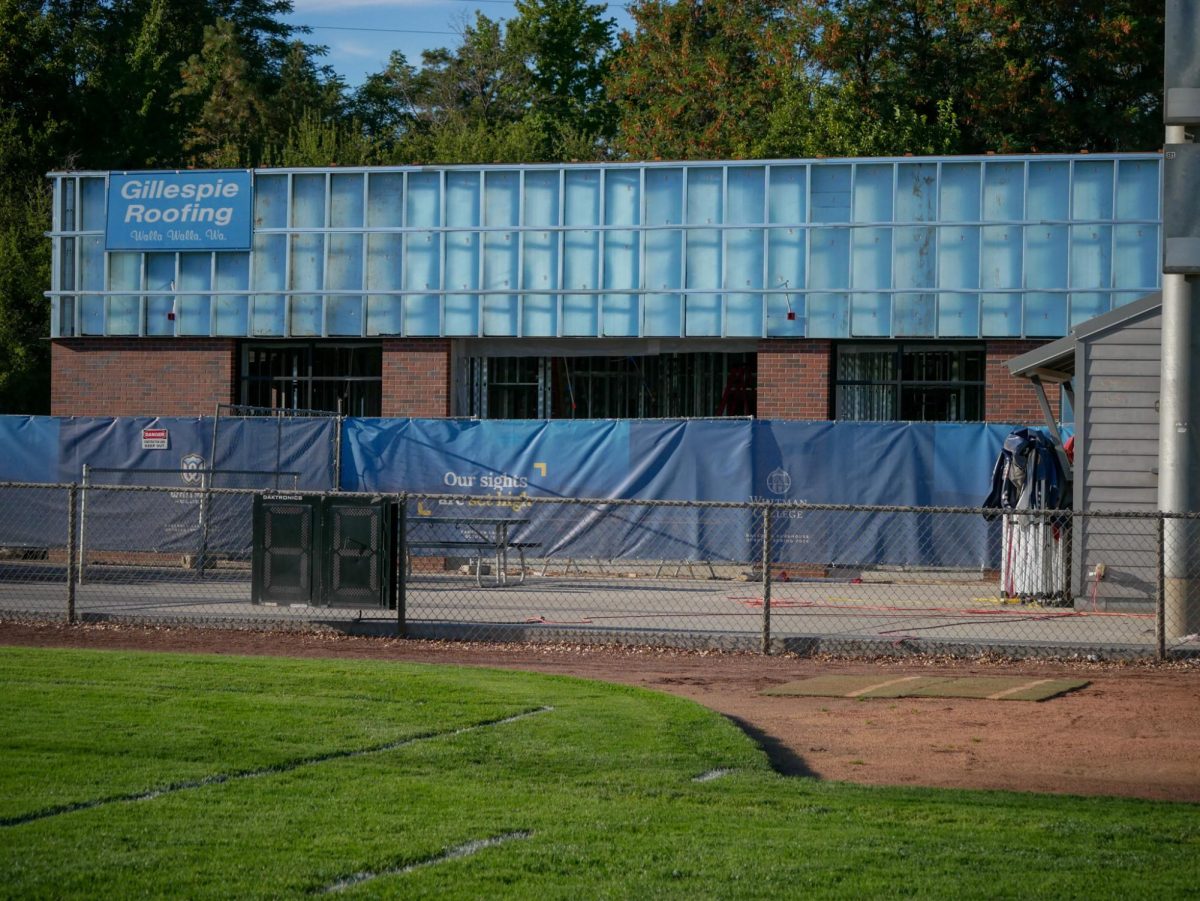Last month, the Big Ten Conference made a proposal that would render academic first-years ineligible to play in certain sports. The main focus would be to curtail the athlete-student dilemma that the NCAA is dealing with, as well as try to better prepare athletes for college life. As with many of these stories, this “year of readiness,” as proponents have dubbed it, mainly focuses on football and men’s basketball.
The reasoning behind the plan is to ensure that students are comfortable and adequately adjusted to college life before they begin to take on the challenges that come with being a serious varsity athlete. This logic seems to fall apart pretty quickly, though, when they decide that only the two money making sports in the NCAA would be subject to the new rule. Title IX issues aside (the new program would require freshman men to take a year off but not freshman women), it seems to be completely condescending to those athletes that dedicate the same amount of time and energy to their teams but don’t appear on television. If the NCAA was serious about trying to ensure that kids were ready for their lives as student-athletes, the entire program would have to be much farther reaching.
In addition to the logistic issues of creating such a system, it would cause a huge divide in what different teams would be able to do with different players. If the Big Ten Conference enacted such a policy, the Pac-12 would likely endorse it. How would that affect their ability to recruit, especially if the policy wasn’t adopted universally in the Power Five conferences? And if the Power Five did enact, would players look elsewhere for better playing time or even to lower divisions? Seeing as so much energy is put into recruiting high school athletes, putting in a giant barrier would be the last thing several of these team may want to do.
The last, but honestly most fun, option is that a handful of these athletes could simply stop going to school. When the NBA initiated their new one-year age limit, we saw several players go overseas for a season instead of playing for free in the NCAA. Now, after this year of readiness plan, a player would either have to try and get drafted having never played college basketball or lose two potential money-making years in college. This might not sound like a huge inconvenience, but the first four picks in last year’s NBA draft have all been one-and-done college athletes. This new rule would cost each player affected at the top of the draft millions of dollars.
With basketball, the presence of global alternatives presents a one-of-a-kind difficulty. For football there is already a rule that requires a player to be three years removed from their high school graduating class. This hasn’t been an issue in terms of monopolizing the market for young athletes. After getting the right to play freshmen in 1972, there has been little conversation about when players should get the right to play. There isn’t an easy solution unless it just becomes a mandatory redshirt season.
The entire thing reeks of the NCAA trying to show that they want get back to academics, but actions speak louder than words. The NCAA allowed huge conference realignments and creations over the course of the last few years that have increased travel for players in order to get more marquee match ups. If the NCAA cared about academics, would it allow Texas A&M and Missouri to move from the Big 12 to SEC despite the increased travel and inconvenience to athletes? The NCAA also allowed the formation American Athletic Conference, which includes teams from Connecticut to Florida to Texas. The NCAA cares about cash and that’s about it. This move was brought about by a conference that might still care. The NCAA would never allow its precious money-making first-years to sit on the year instead of making them millions of dollars of its own accord.
The entire plan is still in the very preliminary stages, so it would be pretty unlikely that we see these changes in the near future. This could have very long lasting implications on the college sports landscape though. In an era where college teams are traveling more than ever and television contracts are getting even more profitable, this seems to be a move back towards academics, or it at least looks that way on paper. The only question is whether it proves to be effective at getting kids ready for school or if it backfires and stops athletes from attending entirely.










